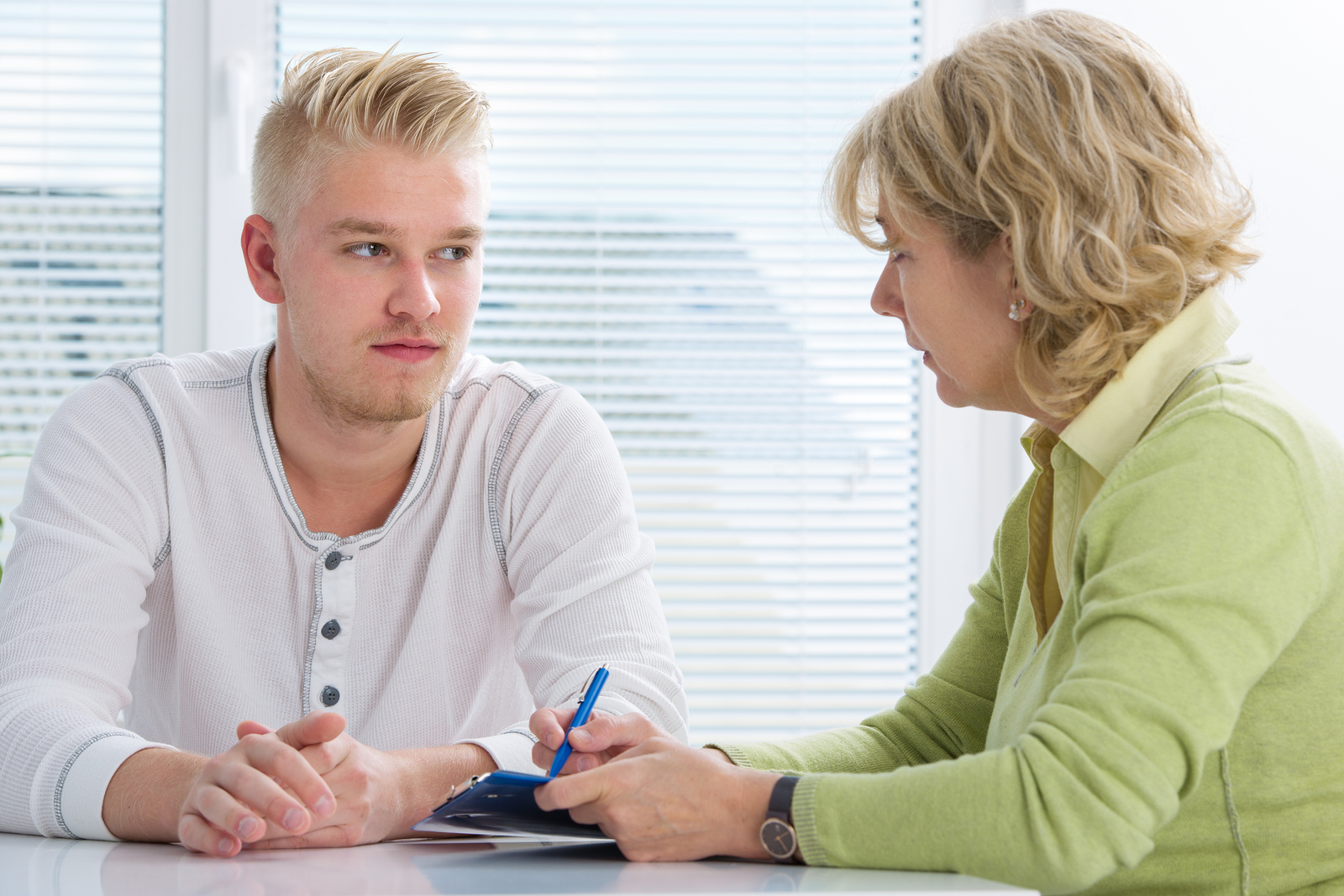We live in an increasingly connected world, with an increasing reliance on gadgets in our lives. When was the last time that everyone in your family went a full day without looking at a screen?
Screen time is unavoidable, it seems, even for our teens. They need their smartphones to keep up with their school schedules, extracurricular activities, sporting commitments, and social lives.
It can be challenging to balance the appropriate amount of screen time with a teen who may begin to struggle with concerns such as ADHD. Screen time has been connected to attention issues in children, starting as young as toddlers.
There are a few ways to work with your teen to find a better balance for their screen time and device use.
The concerns with excess screen time
Perhaps one of the primary concerns with excess screen time is that it typically means your teen is spending more time alone. Instead of hanging out with friends or family members. Your teen may be scrolling through social media, playing games, and finding other ways to avoid spending time with actual people. Isolation, even when self-imposed, can take a toll on a teen who may also be prone to developing depression, anxiety, and other concerns.
Too much time in front of a screen can also potentially lead to an unrealistic view of what life is, should be, and how others live theirs. Your teen may know on some level that most of us post the highlight reels of our lives to social media. The less than fun sides of our lives are rarely exposed online.
Still, it can create this idea for a teen that everyone else is happier, wealthier, better looking, and simply doing life better. This has the potential to take a toll on your teen’s mental wellness.
As mentioned, there is evidence supporting the idea that many children and teens who have unrestricted screen time will develop some of the signs of ADHD. Those with ADHD tend to display increased impulse control concerns. They also often demonstrate a lack of focus, with the inability to concentrate on schoolwork or projects for more than just a few minutes at a time.
Symptoms of ADHD in teens include:
- Struggling to remember school assignments
- Having difficulty with finishing the assignments
- Inability to pay attention in school
- Easily losing things
- Being chronically disorganized at school and home
- Displaying signs of restless behavior, including fidgeting
- Struggling to listen to instructions
- Frequently interrupting teachers, peers, siblings, and parents
- Acts without much forethought
If your teen is showing the signs of ADHD, several resources can help him focus better. Some medications may also prove beneficial for some young people struggling with attention and other concerns.
Finding balance for teens and screen time
There are several steps that parents can take to help their teens to find a balance between screen time and time away from their screens. The first thing parents could and should do is model the healthy technology habits they want to see in their teens. It won’t serve anyone well if you’re constantly on your phone at dinnertime but insist that your teens put theirs down. Striking a balance can start with modeling that balance.
Here are a few tips to help create guidelines for screen time in your home:
- Designate hours during each day and over the weekend as unplugged hours for every person in the household.
- Establish specific areas of your home where it’s off-limits to use screens, such as the dining room table.
- Plan activities for the family not involving technology. Perhaps a hike or a game night without phones at all.
- Have an honest conversation with your kids and teens about how excessive use of digital media can take a toll on their physical and mental health.
Keep in mind that screen time can be a good part of a healthy balanced lifestyle for teens, as long as it is balanced with activities that are a positive part of your teen’s wellbeing.
Establishing screen use rules
It can be a challenge to establish new household rules, particularly when it comes to screen time. You’ve designated areas of zero device use in your home, and you’ve set unplugged hours.
There are a few more things that you can do to reinforce your rules:
- Make sure your teen knows the rules about using devices in the car, whether they’re driving or a distracted friend is driving.
- Establish a few guidelines about how your teen should be using their devices (i.e., schoolwork, projects, being creative by perhaps making a podcast). These are great ways to spend screen time. Watching inappropriate content or bullying others online are not good ways to spend time in front of a screen.
- While you want to stay consistent with the rules, know how to approach it for children and teens of different ages. Perhaps your teen can earn screen time to be used after their younger siblings are in bed for the evening.
Focus on short sessions for screen time
It’s not good for your teen’s physical and mental health to sit still for too long without taking a break from their screens. Encourage your teen to take a break after 30 minutes of screen time.
They could set a timer to remind them to get up and take a quick walk to get a glass of water, or perhaps take a short break when they complete a level in the game they’re playing.
Encourage daily physical activity
Staying physically active can help both the body and the mind. Encourage your teen to participate in sports, or perhaps dance or karate. Swimming, bike rides, or even taking a daily walk can be excellent options for your teen.
Many teens are unlikely to go for a walk on their own. If you can plan it as part of balancing their screen time and take the way with them, you’ll be more likely to see positive results from your teen.
Avoid screen time before unwinding and bedtime
Sleep is an important part of keeping your teen’s growing mind and body healthy. If they have time to unwind and relax before bedtime and don’t spend time playing games or messaging their friends, they are more likely to get a good night of rest.
It can also be beneficial to encourage your teen to spend time with their friends in person. What that looks like could vary based upon their relationship, but perhaps a sleepover with a friend or a hike with a group of friends looking to get out a bit more.
Balance can be hard to find. Working with your teen to figure out what balance looks like for them can prove to be a challenge, but together you’re sure to find the right solutions.











0 Comments